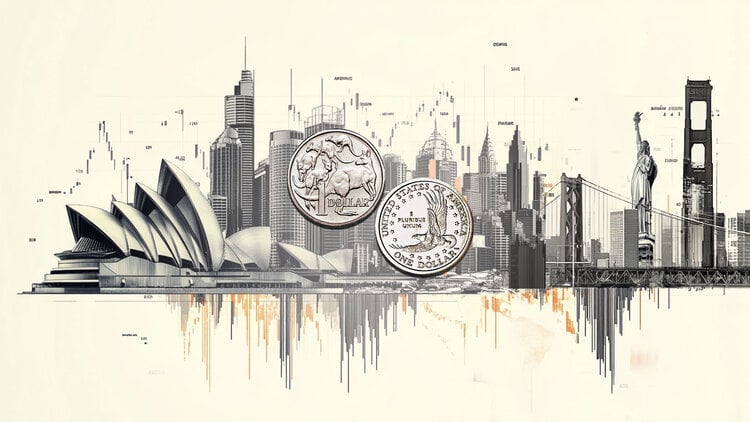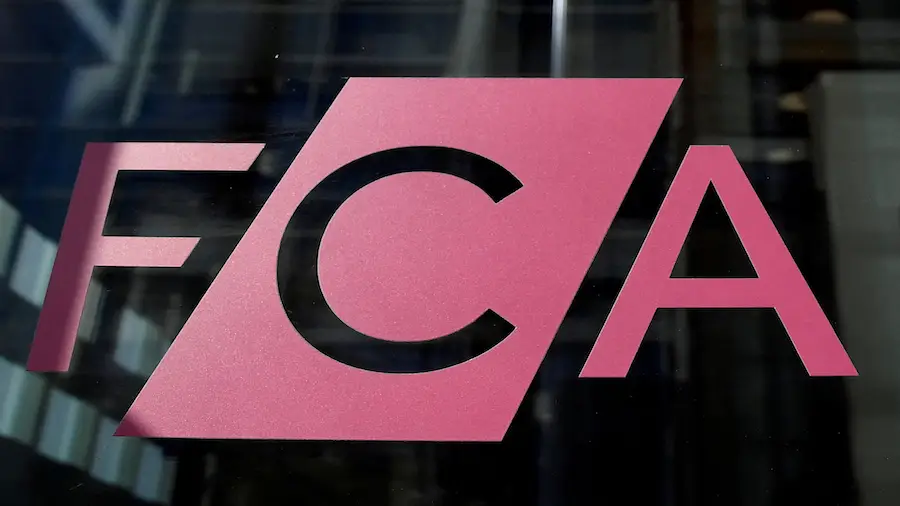Contrary to what happened in recent months, consumers may have a partial relief in light bills on the horizon. The projection for next year is still for an increase in tariffs, but the government’s decision to limit the use of thermoelectric plants and the import of energy from neighboring countries could avoid a greater impact on Brazilians’ pockets and more pressure on inflation.
The measure is linked to positive rain forecasts for the coming months. However, the situation still requires caution, as it is not possible to indicate what the scenario for reservoirs will be in 2022.
The need to use all the thermals made the price of energy soar in recent months. The preference now, according to the director-general of the National Electric System Operator (ONS), Luiz Carlos Ciocchi, is to activate “from the cheapest to the most expensive”.
In practice, prioritizing these plants, by limiting the generation of thermal power plants and energy import to 15,000 average megawatts, established since Wednesday (1st), can reduce the charges paid by all consumers, including large industries.
According to estimates made by the technical director of PSR, Rodrigo Gelli, reducing the activation of all thermals in the system to the amount set by the government represents savings of R$ 2 billion per month – or R$ 11.5 billion over the long term. of the entire wet season, which lasts until April. With that, the measure can generate a reduction of 4 percentage points in the regulated consumer’s tariff (residential, for example) in relation to the readjustment that would be applied if all the thermal plants were connected as before.
Charges
Specialists in the electricity sector consider the government’s decision to be correct. Former director of the National Electric Energy Agency (Aneel) Edvaldo Santana explains that the reduction in more expensive energy generation reduces the amount of the System Service Charge (ESS), a rate that serves to maintain the stability of the electrical system, but emphasizes that the impact is in the sense of only softening what Brazilians are paying. “This only increases the electricity bill less. While there is a charge, there is a cost for the tariffs, which can be higher or lower”, he stated.
In the same vein, the former president of the Energy Research Company (EPE) and professor of energy planning at UFRJ, Maurício Tolmasquim, says that consumers will still feel the cost of the water crisis in their pockets.
“There are still an important number of thermal plants being operated. Under normal conditions, at this time of year, we would be operating with few thermal plants. It is clear that it cannot reduce much more, as the level of the reservoirs started from a very low level. So, you have to be cautious, but without a doubt, the reduction is a first step to reduce the impact a little”, he said.
The information is from the newspaper O Estado de S. Paulo.
Reference: CNN Brasil
I am Sophia william, author of World Stock Market. I have a degree in journalism from the University of Missouri and I have worked as a reporter for several news websites. I have a passion for writing and informing people about the latest news and events happening in the world. I strive to be accurate and unbiased in my reporting, and I hope to provide readers with valuable information that they can use to make informed decisions.







